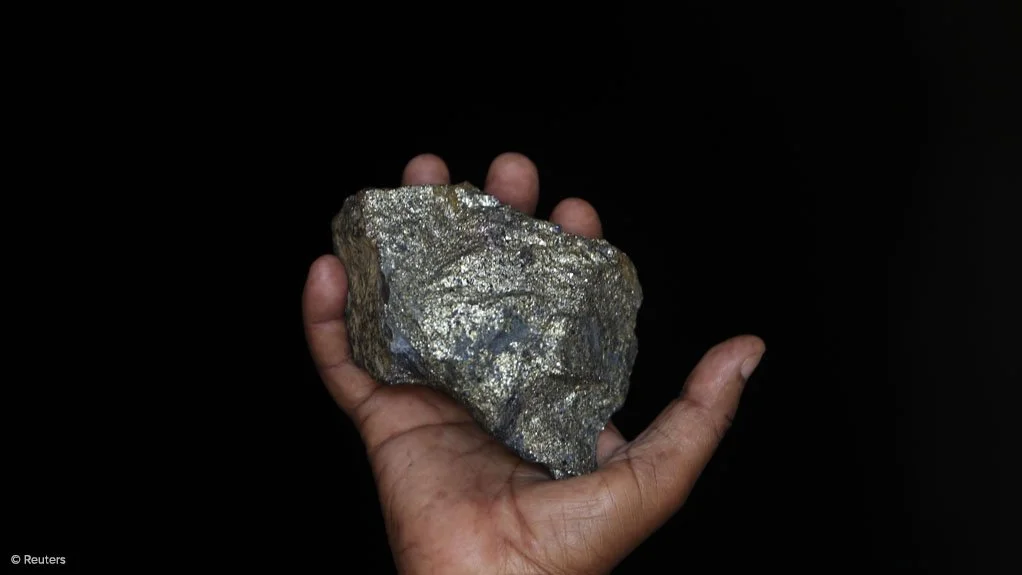The Democratic Republic of Congo, the leading global supplier of cobalt, will end its export ban on October 16, 2025.
Officials announced a new quota system to regulate shipments and influence worldwide markets.
Quota Details for Exports
From October to December 2025, exporters can ship up to 18,125 tons of cobalt, essential for EV batteries. The limit will increase to 96,600 tons each year in 2026 and 2027, helping control output.
Background on the Ban
The February ban came when cobalt prices dropped to a nine-year low. It led major miners like Glencore to declare force majeure, halting operations amid market uncertainty.
Industry Reactions
Glencore supports the quotas, seeing them as a way to cut excess supply and lift prices. CMOC, however, opposes the plan, citing potential disruptions to its business.
Challenges in Eastern Congo
Rising violence in eastern regions, driven by M23 rebels, worsens with illegal mining. These activities complicate efforts to track cobalt sources ethically.
Artisanal Mining Issues
Unregulated small-scale mining in Congo poses risks for global supply chains, making it hard to ensure responsible sourcing.
National Priorities
Ten percent of exports will go to key domestic projects. The government can repurchase surplus stock from firms exceeding their limits.
Flexible Adjustments
Quotas could change based on price shifts or advances in local processing facilities, allowing adaptation to market needs.




















